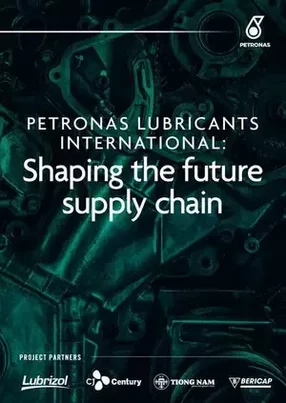Petronas Lubricants: Redefining the supply chain, shaping the future
In any business, when stripped down to its core, the concept is simple – it’s a case of making a product and being able to deliver that product to the customer. This makes the supply chain function of a business a key component, and over recent years it has become a function that is spearheading the future growth in many organisations.
This is most certainly the case for Petronas Lubricants International (PLI), manufacturers of a range of high-quality automotive and industrial lubricants products in over 100 markets worldwide.
Currently within the top 10 leading suppliers of lubricants, the company has ambitions to continue to grow.
To do so, PLI looked internally at how it can achieve this vision by generating greater efficiencies and looked specifically at redefining its supply chain.
“We’re spending close to 82% of our total outlay as a business on the supply chain,” says Phil James, Head of Global Supply Chain.
“It’s a great responsibility to have so we have to be careful how we spend and more importantly, how efficiently we spend.”
With a background in chemical engineering, James has worked extensively in refineries and chemicals plants as well as in the corporate centre. James first entered the lubricants supply chain world with BP Lubricants and got a real taste for it.
“It’s a business that can really get under your skin” he says. After 7 years with BP Castrol James left to return to refining with BP. “It just wasn’t the same,” he shared. “I found myself missing the lubricants business terribly. So, when after a few years I was asked to head up PLI’s supply chain function I had to check myself not to bite their hand off!”
Now he can call upon his extensive experience of working within a large multinational company and, crucially, how the supply chain can support and guide and impact the success of PLI’s vision.
“Having worked for BP, it really opened my eyes to how a multinational company operates. It gave me first-hand experience in seeing the procurement of raw materials right through the entire supply chain to customer delivery,” he says.
“What I believe is an important learning is the need for a company of the size and scale of PLI to be just as fast and nimble as other bigger players. That’s what drives us here at PLI.”
As the company looks to generate efficiencies across its supply chain to operate more effectively, James believes that there needs to be the basics of efficient and effective supply chain, and awareness of other opportunities to add value to the relationships that are being built.
This, James feels, is key to the supply chain transformation so that, “customers get what they want, when they want it, when they ask for it,” he says.
As among the 10 top lubricants providers in the world, James believes that the future of PLI will consist of supplier relationships that are no longer defined by sale and purchase, but relationships that are much more collaborative.
“We’re looking beyond the bases of traditional relationships,” he says and are looking at areas for mutually beneficial collaborations that need not necessarily be centred around raw material or service.
As with any journey or any transformation, there is a goal. For PLI, it is to grow and become among the Tier Two lubricants player globally. James admits that transforming the supply chain is only one of many pathways towards achieving this and that the company must also do more to get to where it wants to be.
This is where the idea of thinking differently comes into play – not only is the company approaching the very nature of supply chain differently, it is asking its suppliers and even its internal staff to look at supply chain in a newer and different dimension.
This, James feels, is the only way in which the company can truly grow and prosper.
“Changing the supply chain wasn’t enough,” he says. “It’s about challenging the status quo and drive innovation. And in so doing, changing how others, such as suppliers, customers and the like, see us.”
This change starts internally. James is striving to create a much more collaborative ecosystem, connecting the buyers and the sellers and the technology people with the business to drive that innovation.
This collaboration is almost a no brainer as the technology teams within PLI are often in contact with suppliers in the same way that the procurement and supply chain teams are. Couple that with the fact that the sales team are in constant contact with the technology and procurement teams, it makes sense to create a unified collaborative dialogue.
“It’s been one of the major changes so far in this journey,” says James. “What it has done is enable a far greater mix of conversation. It has helped us create better ideas and greater possibilities as a company.”
PLI embarked on this journey of change some years ago and the company can already point to areas in which this vision is starting to bear fruit.
See also:
- Raben Group is transforming logistics with a widescale digital transformation
- How BTG is innovating to drive quality across the biologic supply chain
- How Rodan + Fields is transforming its global supply chain
Through the changing of that buyer-seller relationship, PLI has been able to restructure the way that contracts are formulated with some suppliers, thus highlighting PLI’s commitment to its growth ambition, which in turn encourages a change mindset in its suppliers. Another example is the close collaboration with a PETRONAS refinery in Melaka, which resulted in the “decommoditising” of its high-quality base oil production Etro, into a higher specification Etro Plus. This has encouraged a mindset of continually redefining the capability of Petronas’s base oil production to support the evolution of the high quality lubricants space demanded by the OEMs.
Another area in which the supply chain transformation has shown proven success is in the collaborative relationship with technology. Technology continues to redefine industry sectors all over the world and James share, 2018 is the Year of Technology for PLI.
“We want to be seen even more as a technology driven company because that’s the differentiator,” he says. “Technology forces us to take some risks and work with some smaller companies where technology might not yet be proven. It's an important risk for us to take because we're not going to find the solutions on our own.”
This sentiment is highlighted in the construction of a new Research and Technology centre in Turin, which adds to the company’s existing satellite R&D centre portfolio across Brazil, China and Malaysia, for example.
These centres represent Petronas’ commitment to technology and attract technology companies to work with PLI to innovate or create new products.
As PLI continues its transformational journey, James admits that it is a journey that will never truly end. As the industry evolves, so will PLI.
“As at now, we are 85% on the route to efficiency and effectiveness,” he says. “But there will always be more to do as the bar continues to get higher.”
“The future is going to be defined by digital space and data. It’s going to be less about looking back on what data has told us but more about what insights and foresights we can gain about our business.
“For us, it’s about being agile and leveraging technology to connect our supply chains. We have to be ready today, for what tomorrow will bring.”
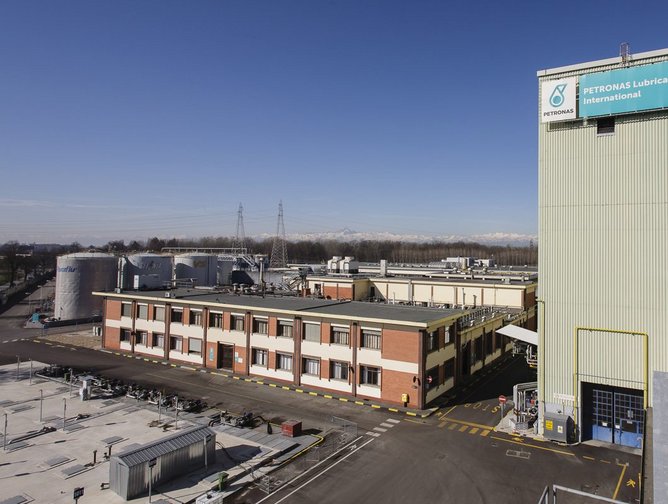
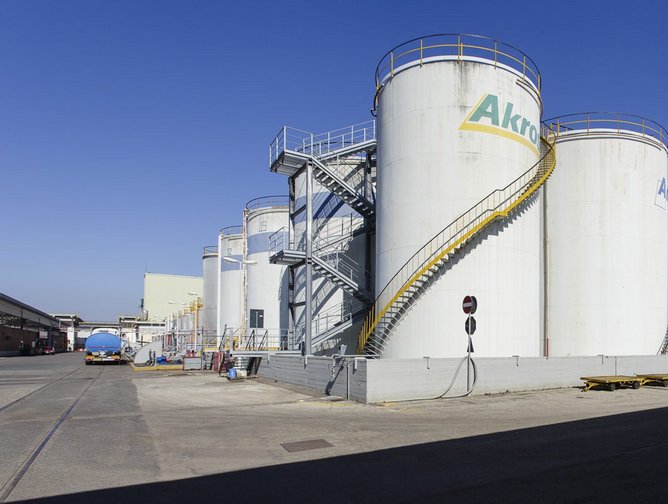
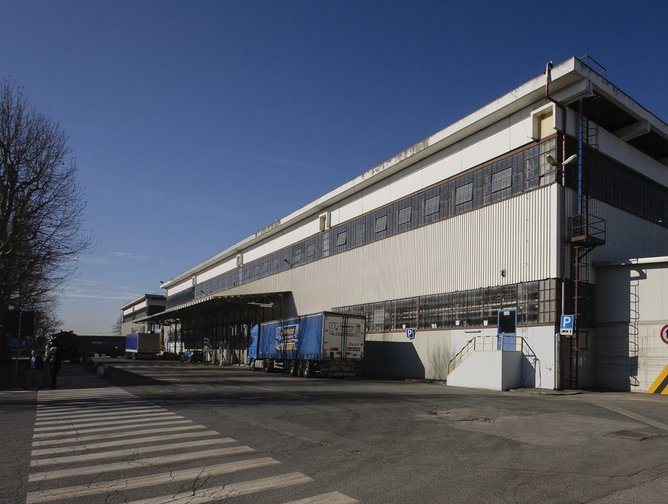
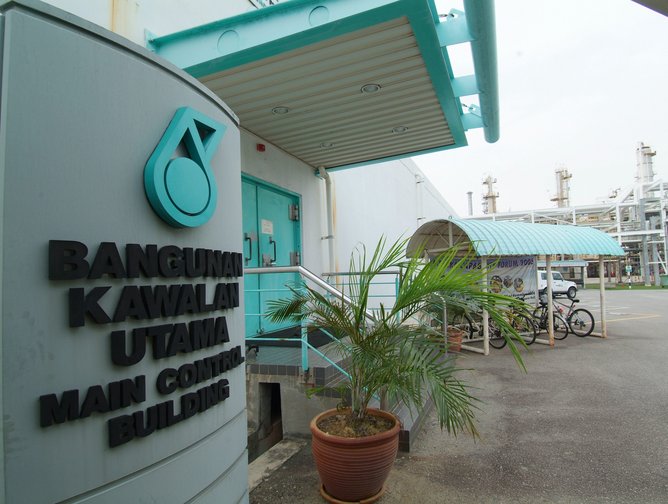
- Top 10: Women in Supply Chain and Procurement in APACProcurement
- Dumarey Streamlines Suppliers with BearingPoint and JAGGAERSupplier Relationship Management (SRM)
- P&SC LIVE New York welcomes Bob Bruning CPO at CBREProcurement
- Procurement & Supply Chain Awards: The Categories (Part 1)Digital Supply Chain

